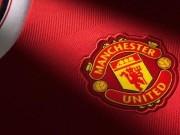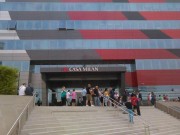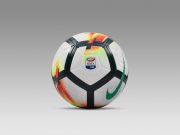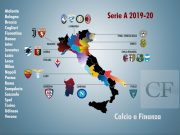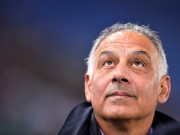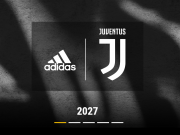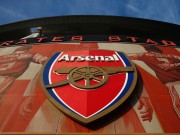A recent study by Brand Finance, a London-based brand valuation firm, states that football is now second and closing in on basketball as China’s most popular sport in terms of fan numbers.
According to the study, the Chinese sports fan watches football on TV around 61% of the time while for basketball it is 65%. On the financial side, football fans are spending more on merchandise than basketball fans – approximately 20% of football fans buy such branded products.
Recent efforts by European clubs to grow their brand in China are starting to bear fruit.
Not surprisingly, the findings show Chinese fans are very familiar with the English Premier League and the German Bundesliga, with 83 percent and 70 percent, respectively, expressing support. When asked to pick their favourite clubs around the world, China’s Guangzhou Evergrande was first with 34 percent, while Manchester United was second with 31 percent. Rounding out the top four are Bayern Munich (23%) and Real Madrid (21%).
Interestingly, eventhough Cristiano Ronaldo was identified as China’s most popular player and Zinedine Zidane its most popular manager – Real Madrid ranked fourth in the favourites standings at 21%.
According to Andy Moore, Brand Finance’s insights director, this shows that Real Madrid is not fully capitalizing on its position.
“The importance of the Chinese market for football is growing and the trend is reflected in the differences in brand value between those clubs that do well in China and those that are only starting to realize the country’s potential,” he said.
Football’s growing popularity and potential to surpass basketball as China’s top sport will be helped by three things:
1- Continued investment in marketing and promotion by Europe’s top clubs
2- Improvement of the quality of the Chinese Super League
3- Improvement of the Chinese national team
The research also found that 88 percent of respondents would like to see more soccer websites and content in their native language, which is something some of Europe’s clubs have been doing already.


